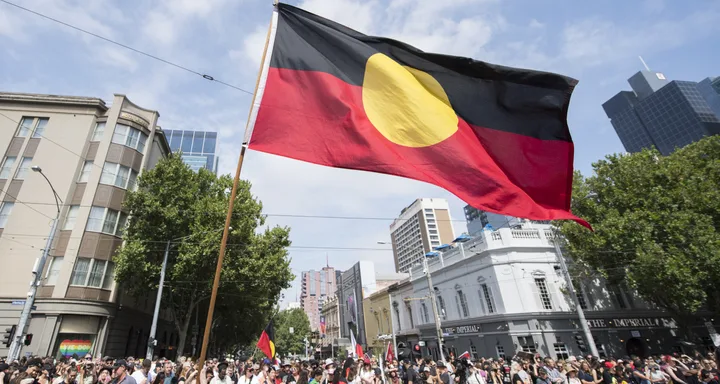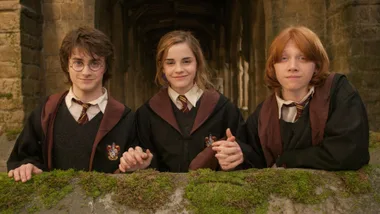A petition calling to stop non-Aboriginal retailer YARN Projects from seeking to trademark the word ‘Tidda’ has proven successful after more than 13,000 people signed in support.
The brand, which donates profits to Indigenous literacy and has previously worked with First Nations artists, issued an apology in a since-deleted Facebook post (although the statement can still be found on their website).
“I’d like to confirm that the trade mark application for Tidda is being withdrawn. I apologise for the hurt this has caused the Indigenous community,” they wrote.
“I have spoken with a trusted First Nations friend who has been a great sounding board and support as I have built the YARN Projects brand. The trade mark Tidda was not applied for with the intention of commercial or financial gain for myself.
“It was to have been used to raise funds for and promote a mentoring program and educational scholarship for Indigenous girls, in addition to our fundraising to support Indigenous artists, designers and Indigenous literacy and education in remote communities.
“The intention was not to claim ownership of the word but to facilitate licensing and promotion and, with the benefit of hindsight and historical context, I realise that this was insensitive. In future, I will consult more closely with those that I work with in the Indigenous community when developing a brand.
“Through YARN Projects, I have been proud to work with Indigenous artists and designers and have learned much from the experience. Clearly, there is more to learn.
“Thank you for your patience and grace as I, and others, continue this learning journey.”
The withdrawal comes after Yarli Creative’s Madison Connors, a Yorta Yorta, Dja Dja Wurrung, Kamilaroi woman and artist, started a petition titled “Stop trademarking culture”.
“Tidda is an Aboriginal word meaning sister, best friend, Aunty or mentor. Aboriginal and Torres Strait Islander people should continue to have the rights to use our languages and not have this taken away from us. Especially by non-Aboriginal people,” the petition read.
“This claim was lodged on the 2nd of June 2019. This Claim will be accepted on March 12, 2021. This should not have gone through. It is important non-Aboriginal people understand the significant impact this has on Aboriginal and Torres Strait Islander business across Australia.”
Based on the screenshot of the application shared on Yarlie Creative’s Instagram page, the trademark application intended to cover an array of product categories, including “athletics bags, cosmetics bags, courier bags, diaper bags, duffle bags, gym bags, leather bgs, luggage bags, make-up bags,” and more, which would have had a significant subsequent impact on Aboriginal and Torres Strait Islander businesses.
Amassing over 13,000 signatures in just over 24 hours, many took to social media to share the petition and their support with the hashtag #stoptrademarkingculture, emphasising the importance of the word “Tidda” to First Nations peoples.
“This is a term of endearment that Aboriginal women use to describe their relationships. It is not a word to be owned by a non-Indigenous women or used for commercial gain,” supporter Lisa Oliver wrote on the petition.
In a follow-up Instagram post on July 26, Connors’ reiterated that this petition was not about starting “a personal attack on the individual”, but rather the need to have a deeper discussion about protecting First Nations people’s cultures.
“I want to get one thing straight. My petition is not a personal attack on the individual. It is not my intention to tear the person down. Although it started with one instance, I think there is a much deeper discussion which needs to be had about protecting Aboriginal and Torres Strait Island cultures,” she wrote.
“I believe we all need to reimagine the system in which enables people to trademark Aboriginal words. This system is not built to support First Nations peoples and cultures. It is not built to understand the complexities. It is built to uphold white privilege.”
She went on to propose solutions:
“There are solutions I want to put forward: 1. That IP Australia reforms its processes and develops a policy with the leadership and guidance from an Aboriginal Advisory committee or body to develop a list of words that cannot be trademarked.
“2. Addresses their employment strategies and creates an Aboriginal Employment policy. 3. Employs a team of Aboriginal Advisors with leadership from a manager and Director to ensure the above is adhered to.”










